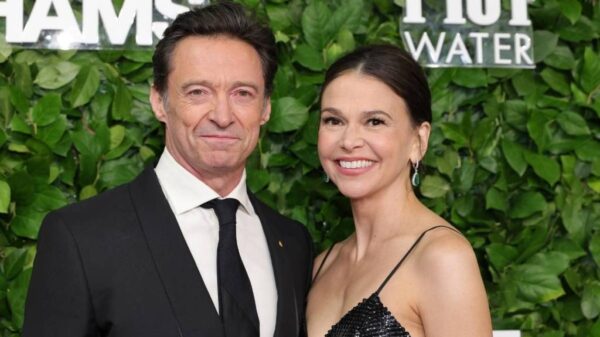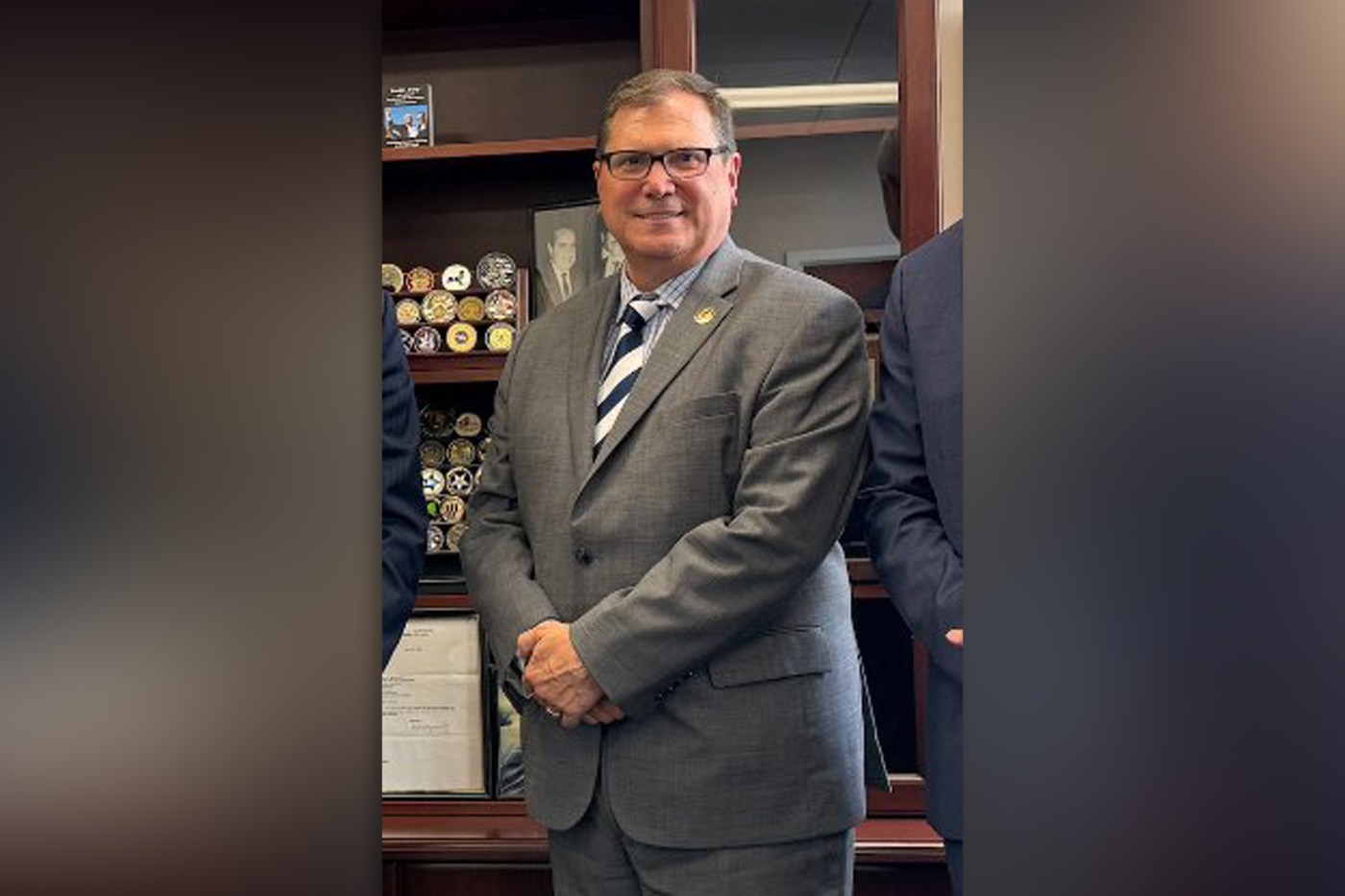Recent developments within the Northern District of New York’s U.S. Attorney’s office have raised significant concerns about the influence of former President Donald Trump and his administration. The office, which is critical for federal law enforcement in the region, has been embroiled in controversy as interim U.S. Attorney John Sarcone faces uncertainty over his position. Despite a panel of federal judges opting not to confirm his permanent appointment, the Department of Justice (DOJ), led by Pam Bondi, has taken steps to maintain Sarcone’s role.
Under U.S. law, the president nominates U.S. Attorneys, who must then be confirmed by the U.S. Senate or approved by district judges. The recent actions in upstate New York, however, exemplify a departure from these established protocols. Following the judges’ decision, which lacked a public explanation, Sarcone was appointed as first assistant U.S. Attorney, allowing him to continue leading the office without formal nomination. Sarcone expressed confidence in his position, telling a reporter from Syracuse.com that he expects to remain in the role “indefinitely.”
The controversy surrounding Sarcone’s potential appointment has sparked discussions about the integrity of the judicial system and the role of U.S. Attorneys in the federal framework. Critics argue that the administration’s actions demonstrate a blatant disregard for judicial authority. Federal judges must have had compelling reasons to decline Sarcone’s permanent position, yet those reasons remain undisclosed. Historically, during Trump’s first term, judicial appointments for U.S. Attorneys in Manhattan and Brooklyn faced less scrutiny, as federal judges approved the nominees presented to them.
Questions arise regarding why the Trump administration is so determined to keep Sarcone in place, particularly given his relatively modest experience for such a high-profile role. Observers note that Trump has previously shown a tendency to view U.S. Attorneys as extensions of his administration rather than as impartial federal prosecutors serving the public interest. Sarcone himself appears to view his current role as a stepping stone, anticipating a future nomination for a federal judgeship.
Despite the absence of a formal nomination process, the administration has not pursued Senate confirmation for Sarcone. The reasoning behind this decision remains unclear, but it may reflect a belief that he would not secure approval or a disregard for the Senate’s advisory role, which is intended to ensure qualified candidates are appointed. During his first term, Trump frequently relied on acting officials in various roles, but his recent appointments suggest a more favorable relationship with a compliant Senate.
The situation at the Northern District of New York raises critical questions about the operational integrity of federal offices under political influence. If the administration aims to solidify Sarcone’s position, it should pursue the traditional path of Senate confirmation. A fair vetting process would allow for necessary scrutiny and uphold the constitutional framework intended to govern such appointments.
U.S. Attorneys, while part of the executive branch, are expected to operate independently and not be political players. The current turmoil highlights the delicate balance between political influence and judicial independence, prompting calls for greater adherence to established processes. The consequences of these actions could resonate far beyond the Northern District, impacting perceptions of the justice system as a whole.







































































